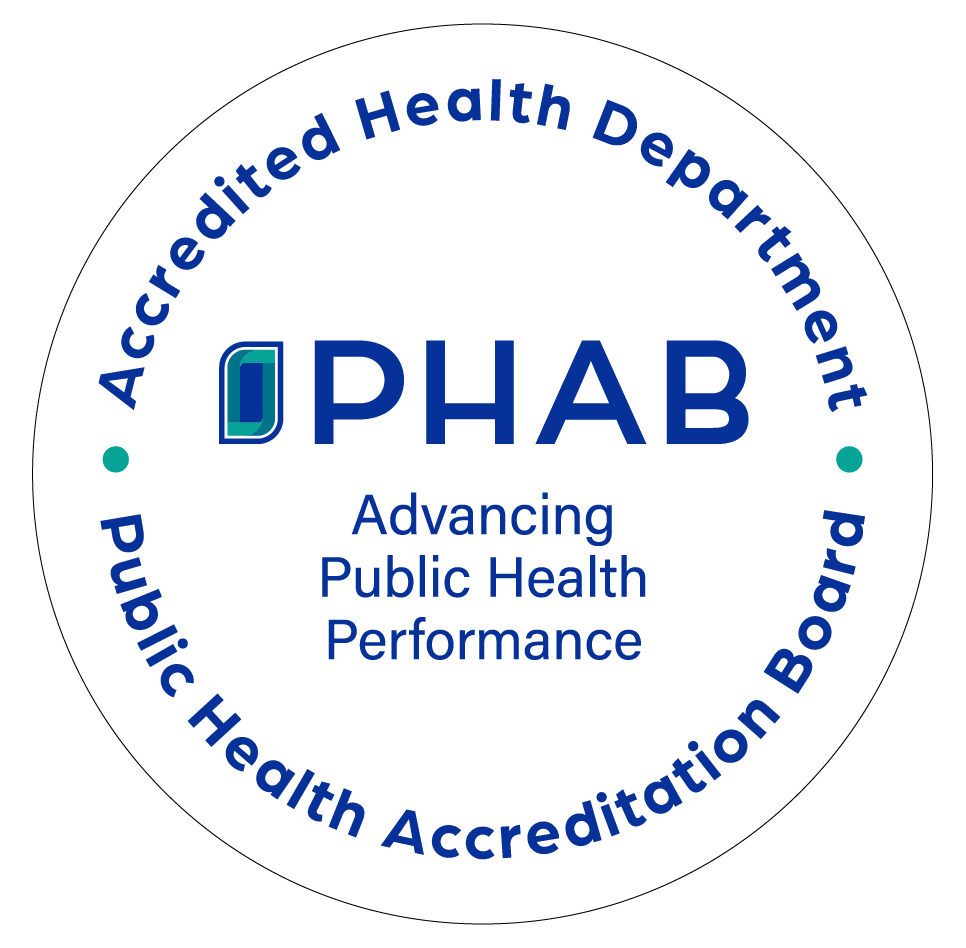About the Indiana CHEMPACK Program
- What is CHEMPACK and what does it mean for the State of Indiana?
CHEMPACK is a national program funded by the Administration for Strategic Preparedness and Response (ASPR) and is an extension of the Strategic National Stockpile (SNS) program. CHEMPACK is a first responder asset that provides supplemental antidotes and treatments for individuals exposed to intentional nerve agent attacks and large-scale organophosphate (pesticide) poisonings.
The purpose of CHEMPACK is to implement a nationwide program for the “forward” placement of nerve agent antidotes and to provide state and local governments with a sustainable resource that increases their capability to respond quickly to a nerve agent event.
- What's inside the CHEMPACK containers?
CHEMPACK comes in two types of containers: hospital and Emergency Medical Service (EMS) containers. A hospital container is designed for hospital dispensing, and the medication comes in multi-dose vials. The EMS container is designed for use by first responders, and medications come in auto-injectors. The hospital containers have enough supplies to provide 1,000 treatment courses. The EMS containers have enough to provide 454 treatment courses.
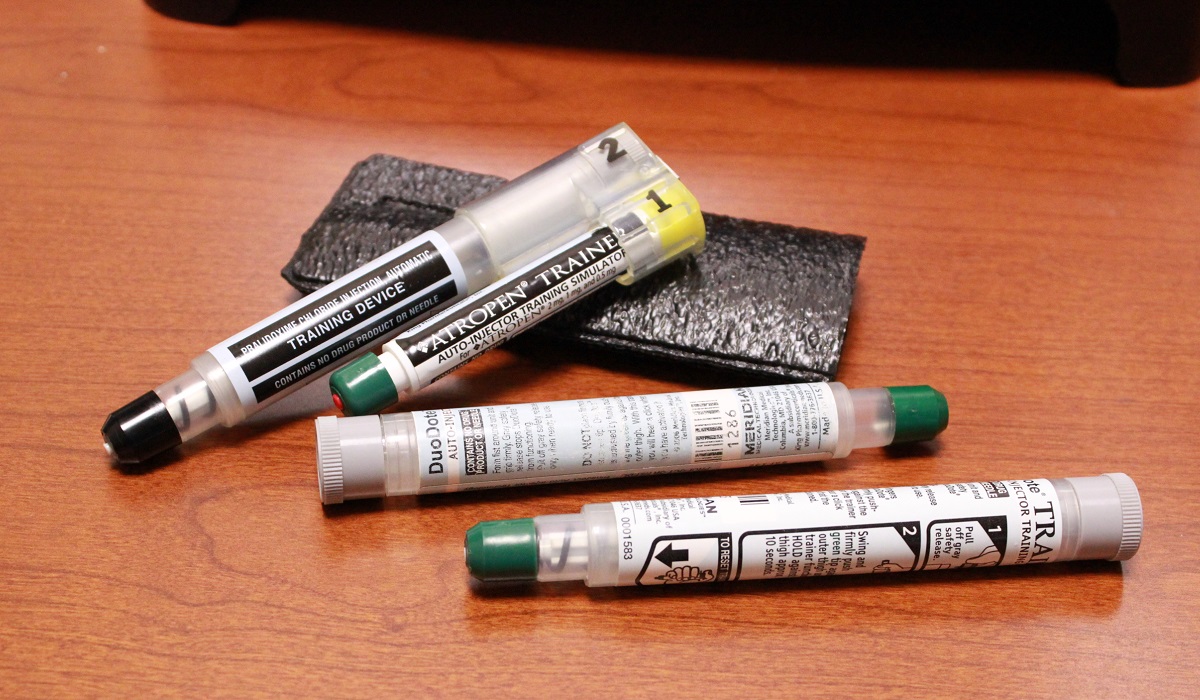
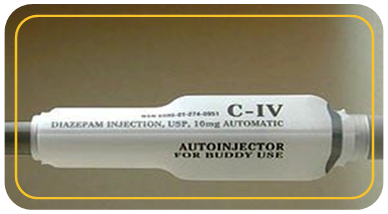
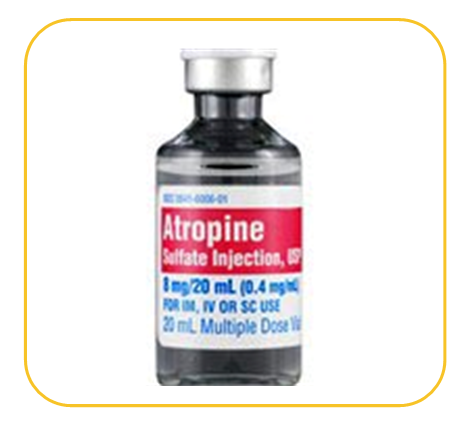
- How are CHEMPACK containers stored?
CHEMPACK containers are strategically located in secure locations in Indiana. CHEMPACK containers are maintained in climate-controlled
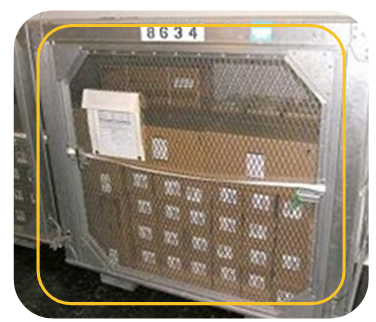 conditions in order to maximize the shelf life of the medications. The CHEMPACK containers are monitored 24/7 by ASPR. In Indiana, there are a total of 32 CHEMPACK cache sites.
conditions in order to maximize the shelf life of the medications. The CHEMPACK containers are monitored 24/7 by ASPR. In Indiana, there are a total of 32 CHEMPACK cache sites.
- How will CHEMPACK containers be deployed?
 Those first on the scene make an initial assessment of the incident, including the potential need for a CHEMPACK based on that initial scene assessment. To request the activation of a CHEMPACK, the incident commander (IC) or EMS Officer will coordinate with the closest cache host site, local hospital, and emergency management agency (EMA).
Those first on the scene make an initial assessment of the incident, including the potential need for a CHEMPACK based on that initial scene assessment. To request the activation of a CHEMPACK, the incident commander (IC) or EMS Officer will coordinate with the closest cache host site, local hospital, and emergency management agency (EMA).
- Does the State of Indiana have a CHEMPACK Plan?
Yes, the Indiana Department of Health (IDOH) Division of Emergency Preparedness (DEP) maintains the Indiana CHEMPACK Program—
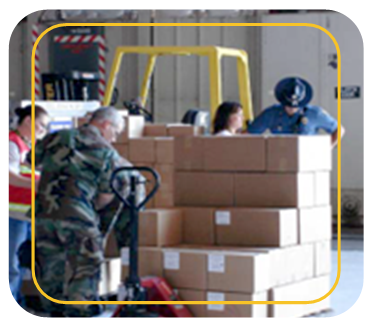 Nerve Agent Medical Countermeasure (MCM) plan.
Nerve Agent Medical Countermeasure (MCM) plan.
Indiana CHEMPACK Plan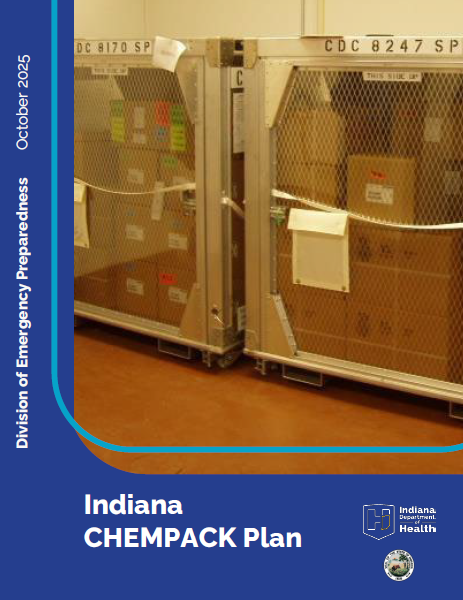
The CHEMPACK program managed by the ASPR Strategic National Stockpile (SNS), prepositions nerve agent antidotes at hospital and EMS locations across the state. The program encompasses the local management of federal assets to support a response to a nerve agent release incident ranging from organophosphate farming exposure to acts of terrorism.
Key Updates:
- Improved organizational flow of the plan
- Roles and responsibilities of cache sites
- Transportation agreements for the deployment of the assets
- CHEMPACK Deployment Quick Reference chart
- Authorized persons to open a CHEMPACK
- Example of a Hospital Deployment Plan
- Nerve Agent Exposure Treatment Guides for pediatrics and adults
Local Jurisdictional Nerve Agent Incident Guidance
This guidance document outlines planning considerations to guide local jurisdictions in the development of locally funded, procured, and managed nerve agent and organophosphate exposure incident medical countermeasures. This guidance is meant to supplement the existing federal CHEMPACK program resources
CHEMPACK Purpose Meeting - May 25, 2023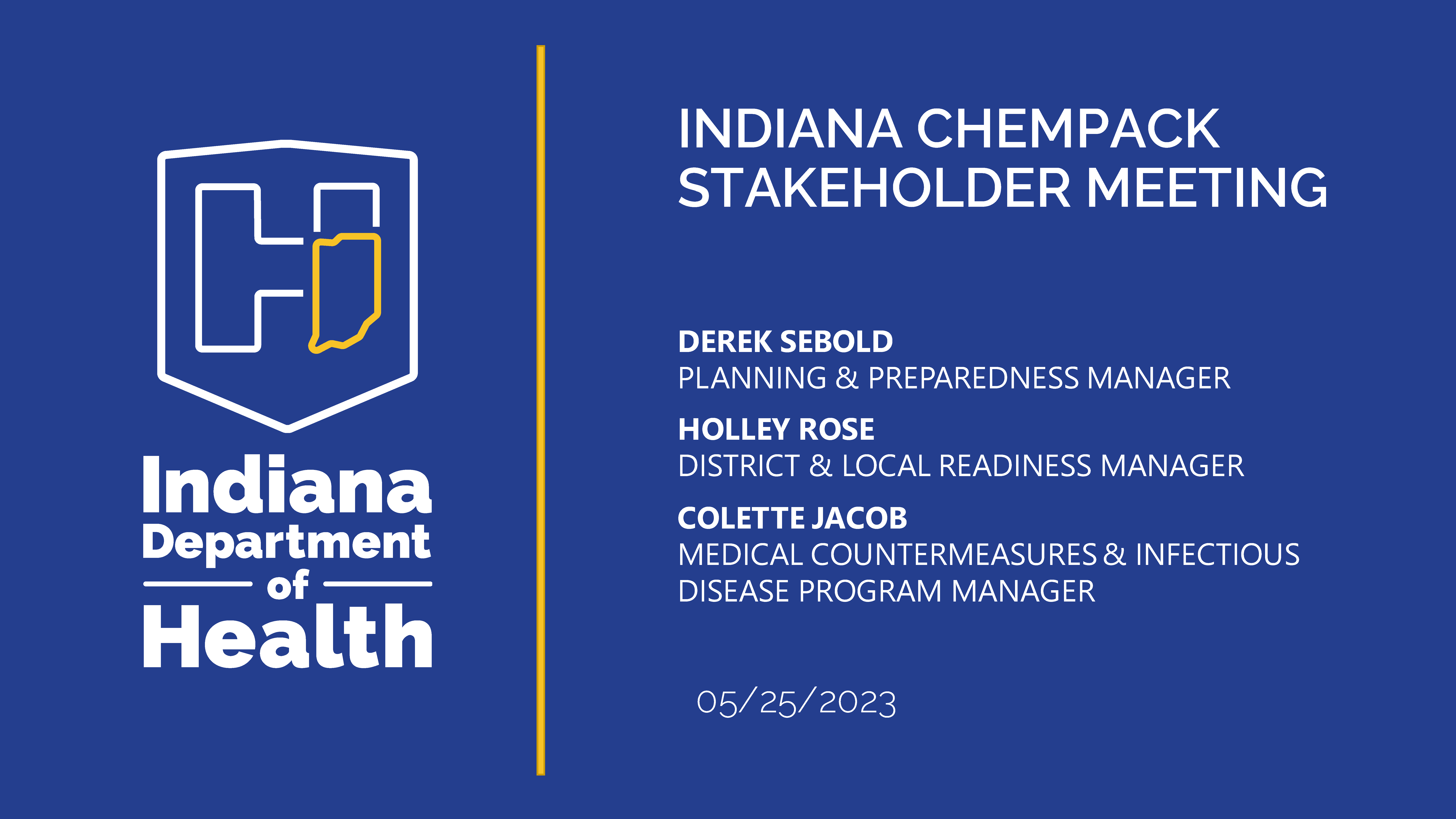
In May of 2023 IDOH DEP hosted a meeting for Indian CHEMPACK cache hosts and HCCs to provide information on the current landscape of the Indiana CHEMPACK Program.
Information provided included CHEMPACK History & Purpose, Local Use and Notification Procedures, Indiana MOA & SLA Paperwork, STMS Modernization (POTS to LTE), Contact Information & SharePoint, and HCC Funding & HPP BP5 Chemical Surge Focus.
Additional Resources
- HHS Chemical Hazards Emergency Medical Management (CHEMM) CHEMPACK Site
- HHS/ASPR CHEMPACK Site
- HHS/ASPR SNS Site
- CHEMPACK Cache Locations
Cache site CHEMPACK managers and end-users: Click the icon below to access the CHEMPACK SharePoint Site (managed by HHS/ASPR)


